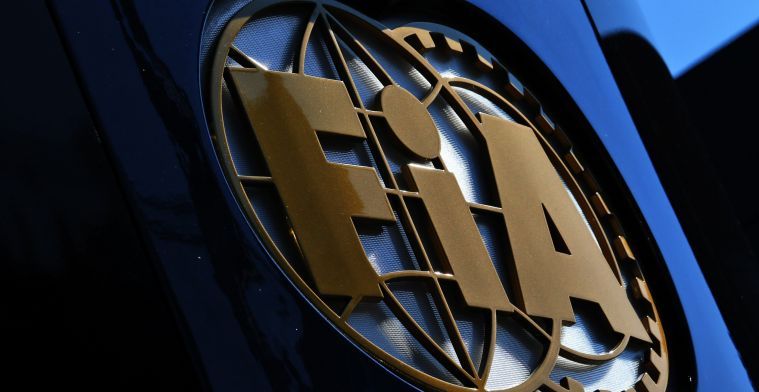F1 News

New emergency measure FIA: unanimous agreement no longer required
The FIA has introduced a new emergency measure that bypasses the required unanimous support of the teams. This allows the FIA to implement a change of regulations within one year, regardless of whether all teams agree. This is a 'safeguard clause' that applies to all disciplines, but seems to focus on Formula 1 in particular.
Corona crisis
As a result of the corona crisis, the FIA has found that some situations require rapid action. Obtaining the unanimous support of all teams regularly takes a lot of time and that creates precarious situations. To avoid this, this clause has now come into force, as the FIA has announced on its website, with the majority of votes being enough to push through the change of regulations.
This is not the first change the FIA is making at this time, at the end of last month, FIA President Jean Todt already had more power. With this new measure, the decision-making power of the FIA increases even further and top teams can be limited in their influence. This results in an interesting scenario with regard to the budget cap.
The intention is that there will be a budget cap to reduce the differences between the teams, resulting in a more exciting championship. For the small teams this is interesting, for the big teams it means a considerable cut in expenses and that's food for discussion.
Reduction
A previously agreed budget cap of $145 million is what Ferrari and Red Bull Racing want to maintain, but there is now talk of a further reduction. If implemented, the budget cap would drop by $45 million to a maximum of $100 million per season.
That's something McLaren is in favour of, but the other two teams mentioned don't like it. To solve this deadlock, the FIA can put Ferrari and Red Bull Racing out of the way with this rule and implement a new budget cap without long discussions. Provided the rest of the teams agree to a cap at $100 million.



















































